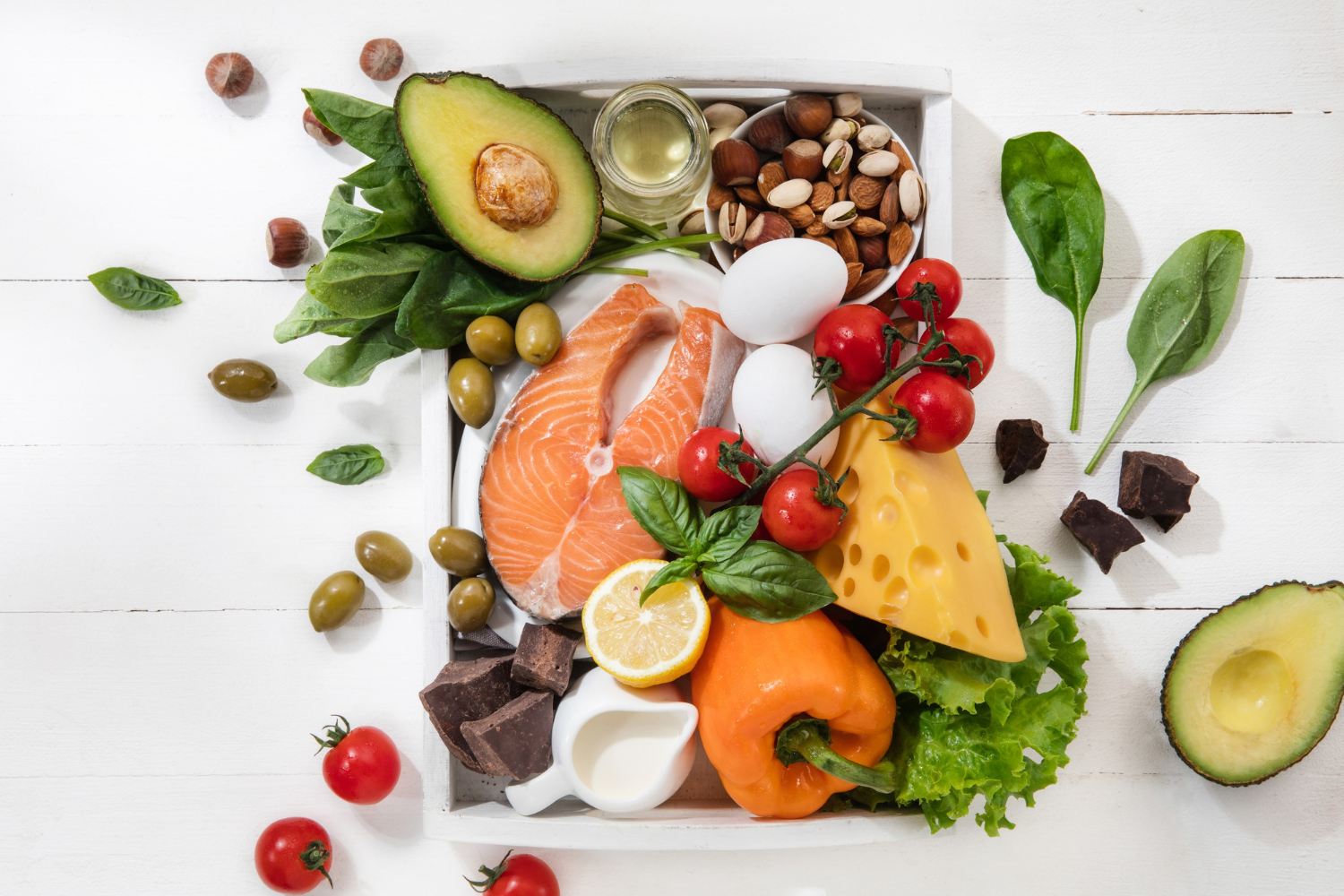Flexibility is often considered the domain of dancers, gymnasts, and yogis. However, flexibility is essential for everyone, helping to maintain mobility, enhance athletic performance, and prevent injuries. While stretching routines and exercises are critical, what you eat can also significantly impact your flexibility. Nutrition has a profound effect on how your body moves and functions, including your ability to stretch and bend. This article explores how diet influences flexibility and shares dietary tips to help you achieve your flexibility goals.
The Link Between Diet and Flexibility
Anti-Inflammatory Foods
Inflammation in the body can cause stiffness and impede flexibility. Consuming anti-inflammatory foods helps reduce inflammation and keeps your muscles and joints supple. Foods that fight inflammation include:
- Green leafy vegetables: Spinach, kale, and arugula are excellent choices.
- Nuts: Almonds, walnuts, and cashews are rich in healthy fats.
- Fish: Salmon, mackerel, and sardines are high in Omega-3 fatty acids.
- Berries: Strawberries, blueberries, and cherries are packed with antioxidants.
Hydration
Hydration is just as important as the food you eat for maintaining flexibility. Our muscles are about 79% water, and proper hydration keeps them pliable. Drinking enough water ensures that your joints are lubricated and muscles are well-nourished, which is crucial for any flexibility training.
Collagen Support
Connective tissues like ligaments and tendons play a critical role in maintaining flexibility. Collagen is a significant component of these tissues. As you age, your body’s collagen production declines, making it essential to include foods and supplements that support collagen production. Foods rich in Vitamin C, such as kiwis, berries, and broccoli, help boost collagen formation. Collagen supplements and bone broth are also excellent sources.
Avoiding Inflammatory Foods
Certain foods can contribute to inflammation and stiffness. Limiting your intake of sugar, processed carbs, and unhealthy fats can make a significant difference in how you feel and move. These substances can cause chronic inflammation, leading to a feeling of sluggishness and stiffness that hinders flexibility.
Nutrient-Dense Foods
Eating a balanced diet rich in nutrient-dense foods helps fuel your body adequately. Incorporate a variety of vegetables, fruits, whole grains, and lean proteins into your meals. Avoid foods high in sugars and unhealthy fats, as they can lead to inflammation and impair your flexibility.
Anti-Inflammatory Spices
Spices can be powerful allies in the fight against inflammation. Adding small amounts of the following spices to your diet can have substantial health benefits:
- Cinnamon
- Chili peppers
- Ginger
- Turmeric
Mental and Physical Benefits
A healthy diet not only benefits your physical body but also improves your mood and motivation. Eating nutrient-rich foods can provide the energy needed to stay disciplined in your flexibility training. It’s easier to stick to your routines when you feel physically and mentally well.
Conclusion
Incorporating the right foods into your diet can significantly enhance your flexibility. By choosing whole, anti-inflammatory foods, staying hydrated, supporting connective tissue health, and avoiding inflammatory foods, you are setting yourself up for success. Remember, achieving your flexibility goals is not just about the time you spend stretching; it’s also about how you fuel your body. Stay motivated, stay hydrated, and nourish your body with the right foods to maximize your flexibility and overall well-being.


